Luiza Sayfullina
Responsible team players wanted: an analysis of soft skill requirements in job advertisements
Oct 13, 2018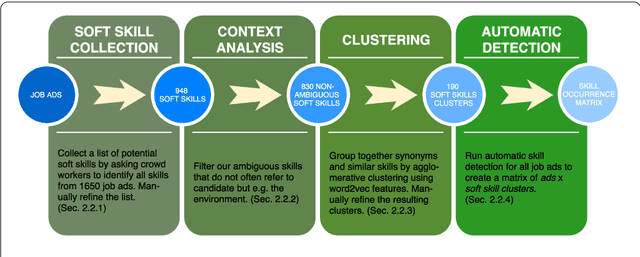
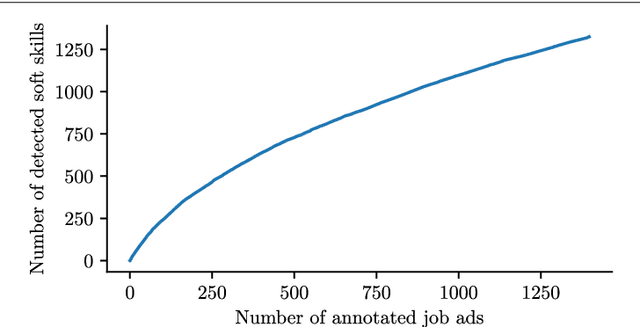
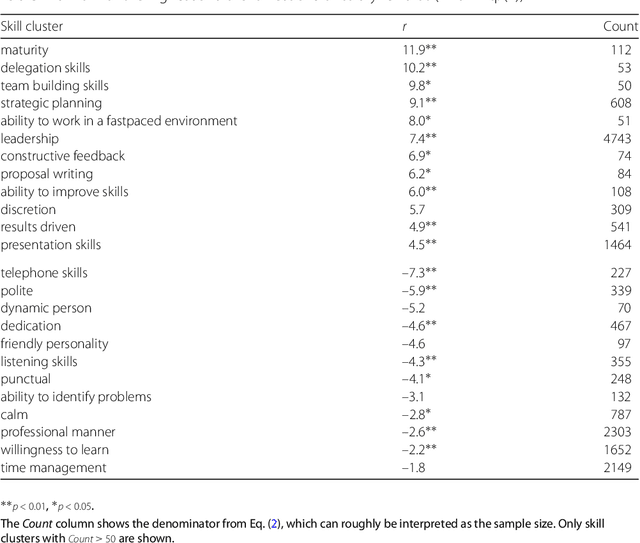

Abstract:During the past decades the importance of soft skills for labour market outcomes has grown substantially. This carries implications for labour market inequality, since previous research shows that soft skills are not valued equally across race and gender. This work explores the role of soft skills in job advertisements by drawing on methods from computational science as well as on theoretical and empirical insights from economics, sociology and psychology. We present a semi-automatic approach based on crowdsourcing and text mining for extracting a list of soft skills. We find that soft skills are a crucial component of job ads, especially of low-paid jobs and jobs in female-dominated professions.Our work shows that soft skills can serve as partial predictors of the gender composition in job categories and that not all soft skills receive equal wage returns at the labour market. Especially "female" skills are associated with wage penalties. Our results expand the growing literature on soft skills and highlight the importance of soft skills for occupational gender segregation at labour markets.
Learning Representations for Soft Skill Matching
Jul 20, 2018
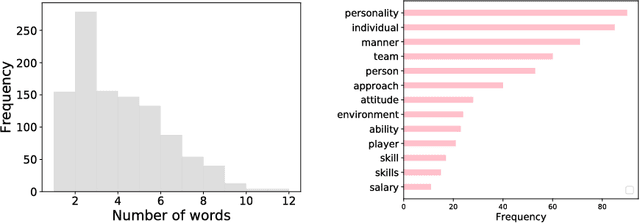
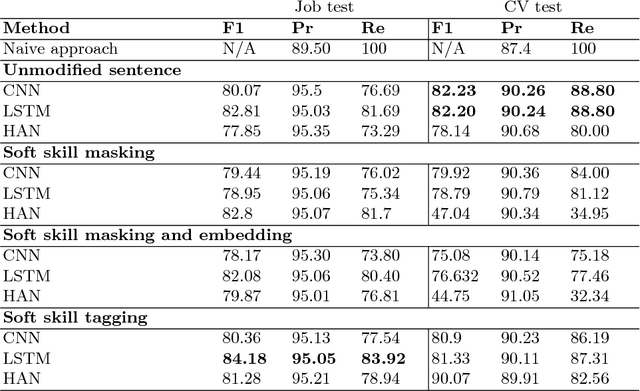
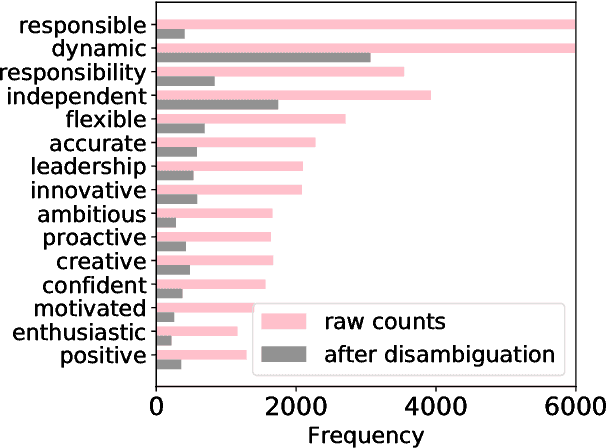
Abstract:Employers actively look for talents having not only specific hard skills but also various soft skills. To analyze the soft skill demands on the job market, it is important to be able to detect soft skill phrases from job advertisements automatically. However, a naive matching of soft skill phrases can lead to false positive matches when a soft skill phrase, such as friendly, is used to describe a company, a team, or another entity, rather than a desired candidate. In this paper, we propose a phrase-matching-based approach which differentiates between soft skill phrases referring to a candidate vs. something else. The disambiguation is formulated as a binary text classification problem where the prediction is made for the potential soft skill based on the context where it occurs. To inform the model about the soft skill for which the prediction is made, we develop several approaches, including soft skill masking and soft skill tagging. We compare several neural network based approaches, including CNN, LSTM and Hierarchical Attention Model. The proposed tagging-based input representation using LSTM achieved the highest recall of 83.92% on the job dataset when fixing a precision to 95%.
Domain Adaptation for Resume Classification Using Convolutional Neural Networks
Jul 18, 2017
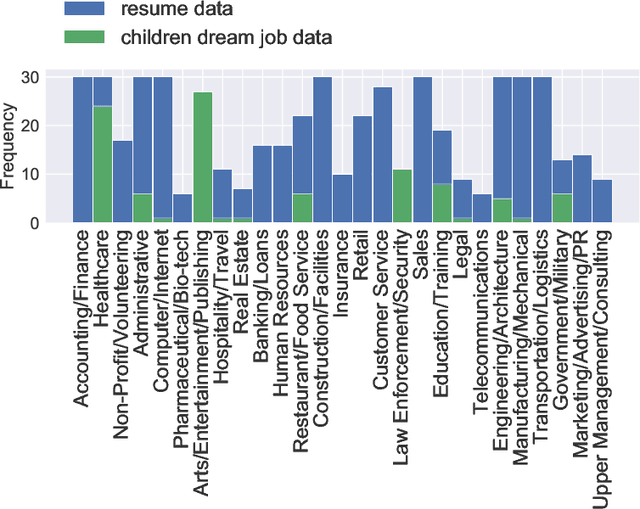
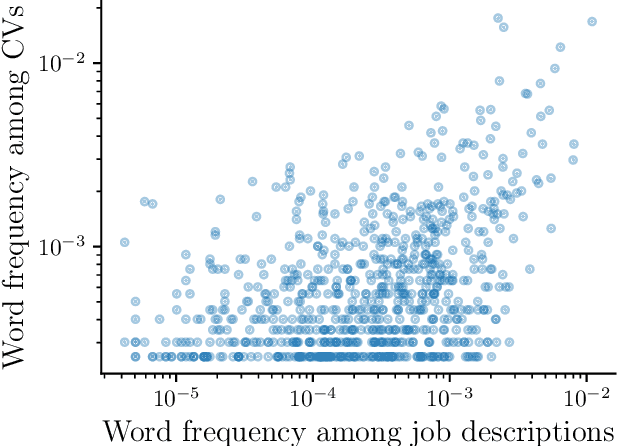
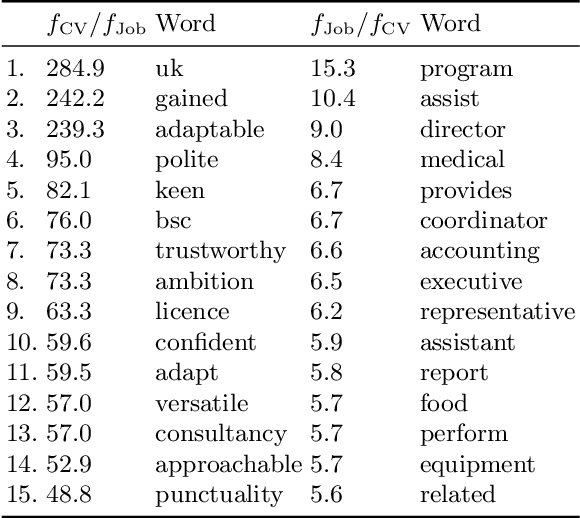
Abstract:We propose a novel method for classifying resume data of job applicants into 27 different job categories using convolutional neural networks. Since resume data is costly and hard to obtain due to its sensitive nature, we use domain adaptation. In particular, we train a classifier on a large number of freely available job description snippets and then use it to classify resume data. We empirically verify a reasonable classification performance of our approach despite having only a small amount of labeled resume data available.
 Add to Chrome
Add to Chrome Add to Firefox
Add to Firefox Add to Edge
Add to Edge